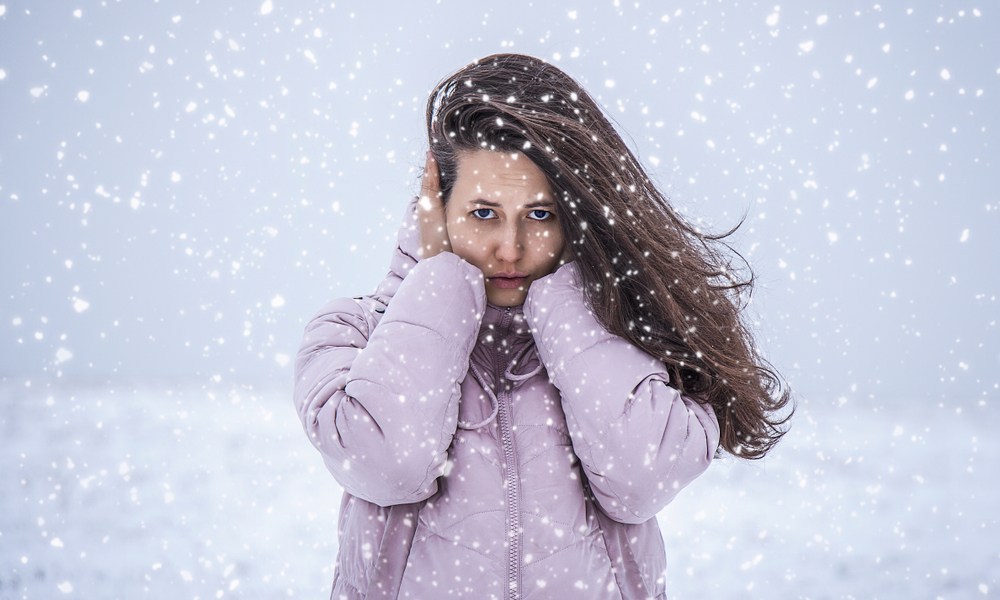
When the weather turns cold, many people experience pain or discomfort in their ears, nose and throat. People often confuse symptoms caused by cold weather with illness or infection (or vice versa). It is important to know how cooler weather can affect your respiratory health.
Does Cold Weather Cause Ear Infections?
Contrary to popular belief, cold weather does not cause ear infections. An ear infection is caused by bacteria in the upper respiratory system that travels up the Eustachian tube into the middle ear.
Even though cold weather doesn’t cause the issue, it can make symptoms more pronounced. If you or your child are experiencing symptoms, seek treatment. Studies show that recurring ear infections can cause hearing loss.
How do you prevent cold-induced ear pain?
While you can’t prevent an ear infection from developing, you can prevent ear pain that comes from decreased blood circulation in cold weather. Whenever you’re outside, be sure to cover your ears with a winter hat or ear muffs. This will provide warmth and protect you from harsh winds.
Why Does My Nose Run?
The technical term for a runny nose caused by cold temperatures is “cold-induced rhinorrhea.” One of the functions of the nose is to warm and humidify the air we breathe in order to prepare it for the lungs. Since cold air is dry, the nose produces liquid to condition the air we are breathing and the excess moisture ends up dripping out of our nose.
Not only does breathing in produce moisture, so does breathing out. Cold air can’t hold as much moisture as warm air, so when you breathe out, the vapor in your breath condenses at the end of your nose and turns into liquid.
Can I prevent cold-induced rhinorrhea?
Since your nose becomes runny because of its natural process of warming cool air, there isn’t much you can do to prevent it. But when you enter a warm building, your symptoms should go away quickly.
Is My Sore Throat From Cold Air?
Sore throats aren’t always caused by being sick. Cold air can dry out the tissue in the throat and can cause severe irritation. Symptoms can be made worse when breathing through the mouth rather than the nose. Because of this, it is common for people to have a sore throat from cold weather after exercising.
How do I prevent throat pain from cold air?
When running, skiing or simply walking, try to remember to breathe through your nose so that moisture can be added to the air. If throat soreness does develop, it should go away soon after coming back inside.
Are Your Ear, Nose or Throat Symptoms Not Going Away?
The conditions listed above tend to go away immediately or last a day or two at most. If any of your symptoms are persisting after this period of time, it could be caused by something more serious. At High Lakes Health Care, we will identify and treat any potential conditions to get you feeling well again.
To make an appointment with High Lakes Health Care, please call (541) 389-7741.
 1 (541) 278-8375
1 (541) 278-8375 
